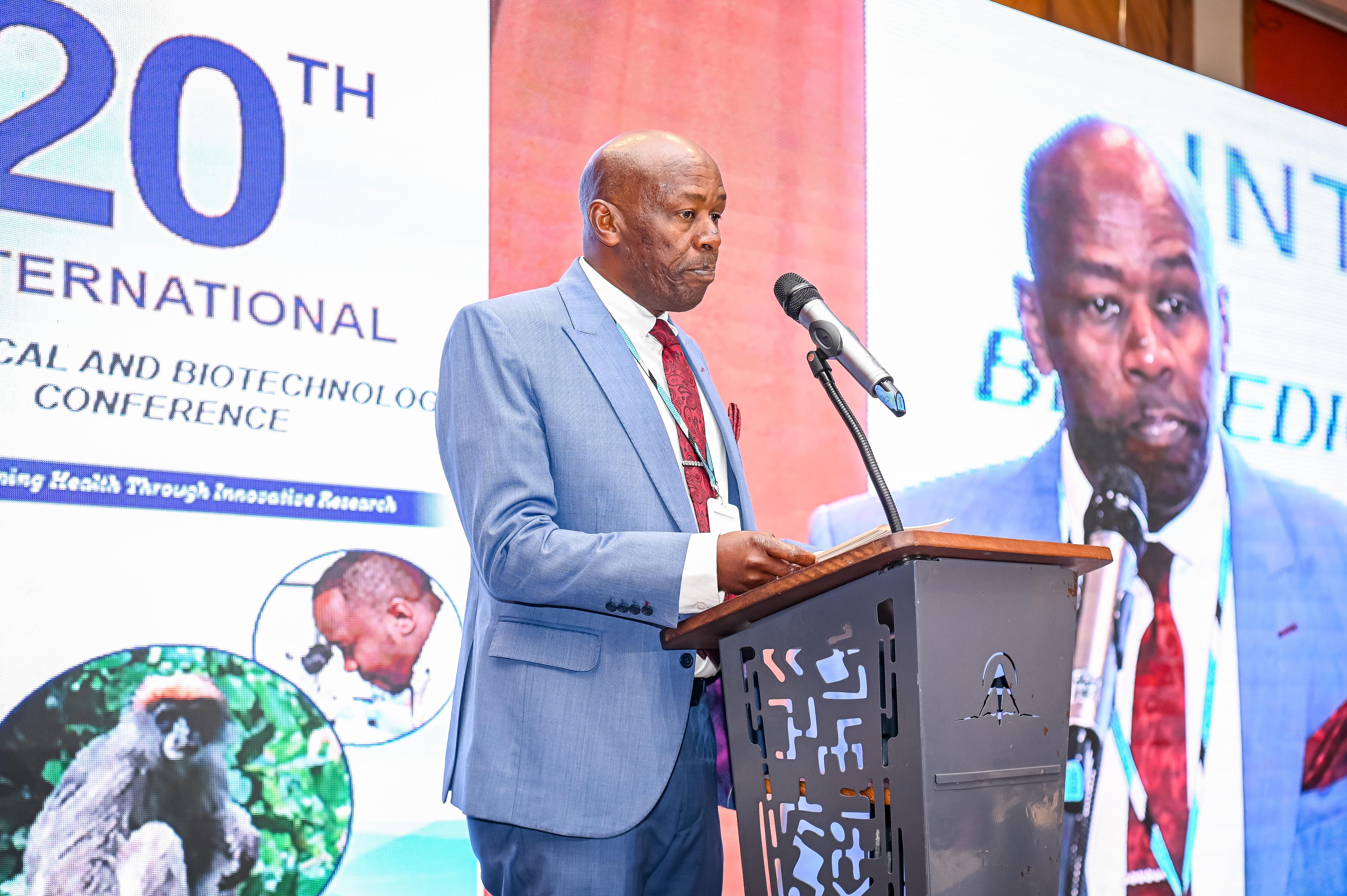
The first Kenyan-produced snakebite antivenom is set to be released before the end of December 2025.
This was confirmed during the joint International Biomedical and Biotechnology Conference themed “Transforming Health through Innovative Research,” held in Nairobi on Wednesday, October 29, 2025.
The event was jointly organised by the Kenya Institute of Primate Research (KIPRE), the African International Biomedical and Biotechnology Consortium (AIBBC), and Mount Kenya University (MKU).
Speaking during the event, the Director General of the Kenya Institute of Primate Research, Dr Peter Mwethera Gichuhi, noted that with support from the national government, the institute will release the first batch of antivenom by the end of the year.
The move aims to counter the effects of snakebites in the country and provide an affordable alternative to the expensive imported antivenoms that have long disadvantaged Kenyans in need of treatment.
“We have over 20,000 Kenyans who are bitten by snakes every year; of these, 8,000 suffer permanent disfigurement, and 4,000 die annually from snakebites,” said Dr Gichuhi.
“In that regard, we decided to use science to address the problem because we realised that the available antivenoms, which are all imported from Europe and India, are not based on starting materials from Kenya,” he explained.
“We decided to use science to improve the efficacy of these antivenoms. I am very happy that the government has actually put in money, and we want to confirm that we are going to produce the first antivenom before the end of the year. This is an antivenom that will avert many deaths and cases of disfigurement."
Public Health and Professional Standards PS, Mary Muthoni, lauded the development as a milestone in research that will help Kenya advance its quest for affordable and accessible Universal Health Coverage.
“Research should improve the health and dignity of every individual. It should prioritise the immediate needs of the people and help solve the problems they face in their daily lives. The confirmation by KIPRE that we will have the first locally produced antivenom by the end of the year is a clear indicator that the One Health approach was the best way to go,” she said.
She further affirmed that the government remains fully committed to supporting local research aimed at developing homegrown solutions to local challenges, noting that it has fully supported KIPRE in implementing the antivenom research.














